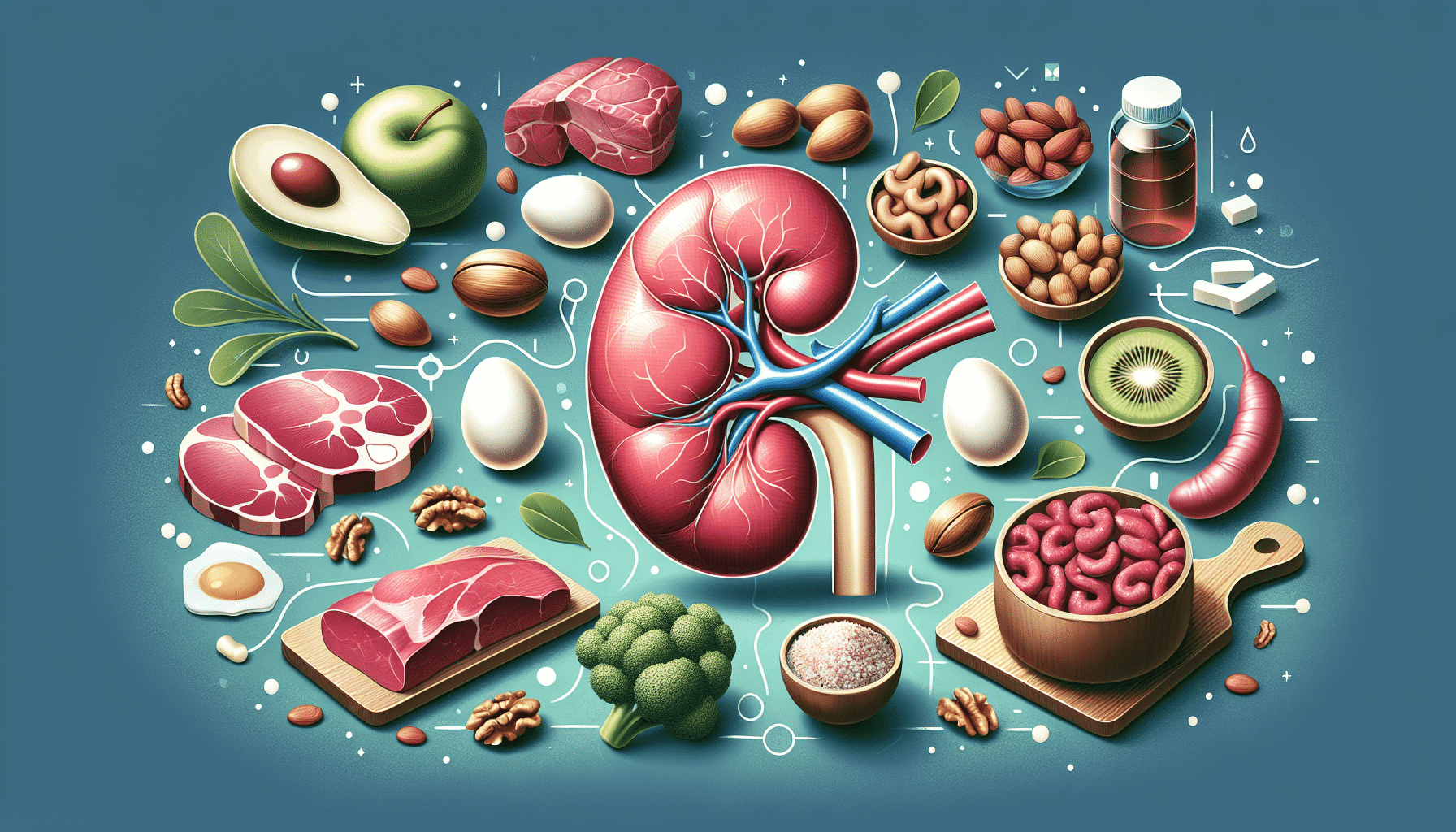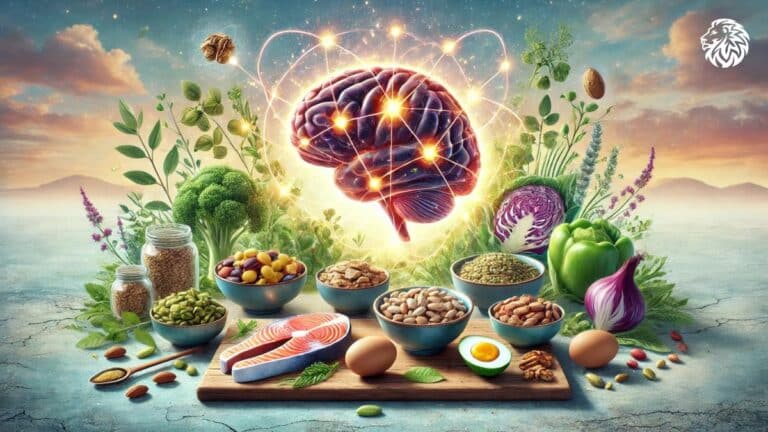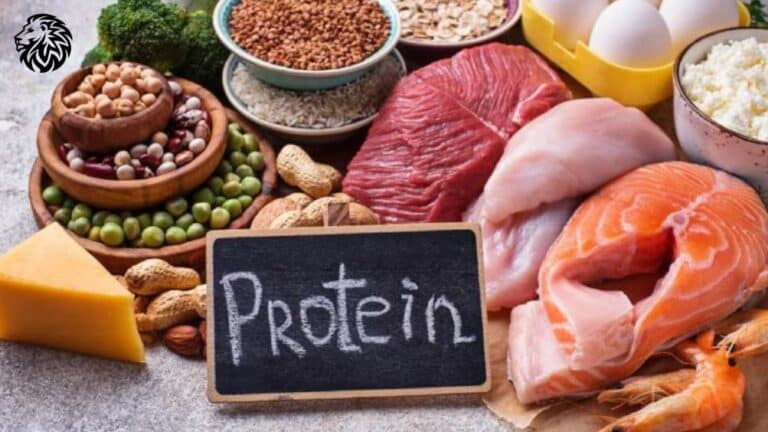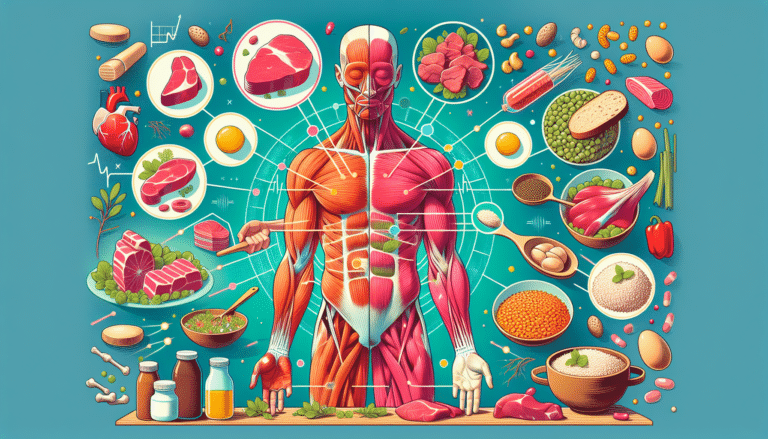Understanding High-Protein Diets
High-protein diets are all the rage lately, boasting a ton of potential perks, but don’t let that fool you—there are some pitfalls lurking in there too. If you’re diving into the nitty-gritty of how these diets play nice (or not) with kidney health, it’s time to lay out all the cards.
Benefits of High-Protein Diet
Jumping on the high-protein train could bring you a variety of goodies, especially when it comes to keeping that waistline in check and boosting your overall health hustle. Here’s the scoop on what going protein-heavy can do for you:
- Weight Loss: Chomping on more protein can make you feel full as a tick, which means less munching overall and maybe even shedding a few pounds along the way.
- Muscle Building: Protein’s the bodybuilder’s best buddy—it’s what muscles crave to repair and grow. No wonder athletes love pumping up their protein intake (high-protein diet plan for muscle gain).
- Improved Metabolism: Getting more protein can crank up your metabolic machine, so you’re burning through more calories, even when you’re just laying on the couch.
- Satiety: Protein’s a real heavyweight champ at keeping those hunger pangs at bay, helping you manage how much you chow down.
Risks of High-Protein Diet
But before you get too protein-happy, beware—there’s a flip side, especially for your kidneys. Here are some things to watch out for:
- Kidney Strain: Going heavy on protein can have your kidneys working overtime, which ain’t great. It might lead to something called ‘glomerular hyperfiltration,’ putting some serious stress on those kidneys, potentially paving the way for chronic kidney woes (Nephrology Dialysis Transplantation).
- Increased Risk of Kidney Disease: Animal protein’s been pegged as a culprit in upping your chances of winding up with End-Stage Kidney Disease (ESKD), more so than plant-based choices (NCBI).
- Intraglomerular Hypertension: That protein punch can lead to high pressure within the kidneys, might mess up the plumbing in there, and could even spell out trouble like proteinuria—a telltale of kidney disease (PubMed Central).
- Metabolic Concerns: Depending on a lot of animal protein may stir up a storm in your system with acid levels, phosphate, and those tiny critters in your gut sometimes going haywire (PubMed).
Don’t go charging off to change your diet without chatting with a healthcare pro, especially if your kidneys are already not pulling their weight. For more tasty knowledge nuggets, check out our posts on how a protein-rich diet plays with liver function and diabetes.
Kidney Health and High-Protein Diets
Impact on Kidney Function
When you’re thinking about jumping on the high-protein diet bandwagon, it’s smart to know how it might shake things up for your kidneys. Snacking on too much protein can crank up the pressure on those tiny filters in your kidneys, a situation not as glamorous as it sounds. This can lead to hyperfiltration – a fancy word for your filters working overtime, ultimately leading to bits of damage. If this keeps up, you might find more protein slipping into your pee than you’d like, laying the groundwork for the rather unwelcome chronic kidney disease party-crasher (CKD).
Research out there has connected high-protein feasts with peeing out more albumin and protein – early hints that your kidneys might need a breather. Sure, short trials hint that upping your protein game might nudge up your urinary albumin levels a bit, but the long game hasn’t been as chatty about increasing protein leakage when your kidneys are in ship-shape.
Here’s how gulping different amounts of protein over time can play out for your kidneys:
| Protein Intake | Effect on Kidney Health |
|---|---|
| >1.2 g/kg/day | Speedier decline in eGFR year by year |
| <0.8 g/kg/day | More mellow drop in eGFR |
Source: (Oxford Journals)
Gulping down more than the magic number of 1.2 grams of protein per kilo of your weight daily has shown a harsh plunge in your kidney’s filtration rate compared to those taking it easy with less than 0.8 grams.
Considerations for Kidney Disease
If your kidneys are already throwing in the towel, gorging on protein needs some serious thinking and vigilance. The animal-protein train seems to head faster toward a full-blown kidney crisis (ESKD) over the friendlier plant-protein route. So picking your protein pals wisely becomes a priority.
Studies from the land of South Korea hint that those at the upper echelons of protein munching are 3.5 times likelier to see their kidneys go haywire with hyperfiltration. If you’re among the top quarter of protein lovers, you risk a quickened kidney function decline – especially if you’re already flirting with hyperfiltration.
Anyone with CKD or on the risk radar really should play it smart with protein portions and get some expert advice to keep things balanced. Going high-protein could add fuel to the kidney fire, so getting the mix just right is key.
Wanna deep-dive on this? Check out our scoops on high-protein perks and map out a muscle-gaining high-protein game plan.
Protein Intake Guidelines
Keeping your protein levels in check is a big deal for feeling good and taking care of your kidneys. Let’s break down how much protein you really need and which foods are great for your kidneys.
Recommended Protein Intake
Figuring out your ideal protein amount is the main gig here. For most healthy folks, aim for 0.8 grams per kilogram of your weight each day. This suits nearly everyone just fine. No worries at this level for healthy people.
Now, if you’re dealing with chronic kidney disease (CKD) and on dialysis, the rules change. You’ll want 1.2 to 1.3 grams per kilogram daily to keep those muscles strong and stay in good health (Healthline). Here’s a simple table to help:
| Condition | Recommended Protein Intake (g/kg/day) |
|---|---|
| Healthy Folks | 0.8 |
| CKD (Not on Dialysis) | 0.6 – 0.8 |
| CKD (On Dialysis) | 1.2 – 1.3 |
Eating too much protein when kidneys aren’t happy can speed up their decline. Studies show faster kidney function drop-offs with intakes above 1.2 grams per kilogram a day (Nephrology Dialysis Transplantation). Looking for guidance on protein for weight loss or packing on muscle? Check out our high-protein diet plan for muscle gain.
Protein Sources for Kidney Health
Balancing your protein sources helps keep your kidneys in tip-top shape. Mix it up with plant-based and animal-based proteins to hit your diet goals without stressing your kidneys out.
Plant-Based Proteins
These guys are often kinder to your kidneys and bring extra goodies like fiber and antioxidants. Try adding:
- Legumes: Beans, lentils, chickpeas
- Seeds: Chia seeds, flaxseeds, hemp seeds
- Nuts: Almonds, walnuts, peanuts
- Whole Grains: Quinoa, brown rice, oats
Curious about a vegetarian high-protein diet? Peek at our vegetarian high-protein diet guide.
Animal-Based Proteins
Animal proteins are solid for all the essential amino acids, but don’t go overboard, especially if you’re watching your kidneys. Good picks include:
- Fish: Salmon, mackerel, tuna
- Poultry: Chicken, turkey
- Eggs: Whole eggs
- Lean Meat: Beef, pork
For some tasty meal ideas with these proteins, see our high-protein diet meal ideas.
Balancing proteins from plants and animals can help you manage your kidney health while enjoying the perks of a high-protein diet. If you’re unsure, talk to a healthcare pro and think about tracking what you eat.
Plant vs. Animal Protein
So, you’re thinking about protein, huh? Your choice of the protein buffet can really shake things up for your kidneys. Knowing the highs and lows of plant and animal proteins help you keep your health game strong.
Plant-Based Proteins
Imagine getting your protein from peas, nuts, seeds, and grains. Yep, that’s plant-based magic. Turns out, plant proteins are like little guardians for your kidneys. Chowing down on beans and lentils not only keeps you full but can also cut down your chances of getting chronic kidney ‘owies’ (PubMed Central).
| Planty Goodies | Protein (g) per 100g |
|---|---|
| Lentils | 25 |
| Chickpeas | 19 |
| Quinoa | 14 |
| Tofu | 8 |
Going green with your protein can also help you keep that blood pressure in check and fend off diabetes. Stack your plate with these goodies, and your kidneys will thank you later. If veggie vibes are your thing, checking out our veggie protein guide could be a neat idea.
Animal-Based Proteins
On the other side, there’s your classic meat and dairy delights. These guys have all the amino acids you’ll ever need, but let’s not forget the catch. Eating too much red meat could give your kidneys a hard time (PubMed Central).
| Meaty Treats | Protein (g) per 100g |
|---|---|
| Chicken Breast | 31 |
| Beef Steak | 26 |
| Salmon | 25 |
| Eggs | 13 |
Eating loads of animal protein might make your kidneys work overtime, so it’s smart to mix things up. If you’re all about building those muscles, keep a keen eye on what you munch. You might want to dig deeper into our muscle-building protein tips.
Remember, your plate should be a colorful protein patchwork, and having a chat with your doctor never hurts. Peek into our stories on protein-packed meals and starting on a protein adventure for a few more tricks up your sleeve.
High-Protein Diets and Kidney Disease
Thinking about diving into a high-protein diet but worried about your kidneys pulling overtime? Let’s break it down and see what this means for folks with kidney troubles. This piece is all about those meat-and-bean diets and their love-hate relationship with chronic kidney disease (CKD).
Effects on Chronic Kidney Disease
Packing in protein sounds great until you realize it’s like making your kidneys compete in a marathon. It leads to something fancy-sounding called intraglomerular hypertension and kidney hyper filtration. Basically, your kidneys are working their tails off and risking injury and protein leakage, eventually setting the stage for CKD (NCBI).
Think of the estimated glomerular filtration rate (eGFR) as a grade card for kidney function. Studies show high protein freaks this out, causing a spike in eGFR by 3.8 ml/min per 1.73 m2 over just six weeks compared to diets with less protein. If CKD is already camping out in your life, this is less than ideal.
Then there’s albuminuria and proteinuria stepping in as the warning sirens of kidney damage. Short term, high-protein might just nudge your urinary albumin up a smidge; long-term, it’s a mixed bag, especially if your kidneys are in decent shape.
| Factor | Impact by High-Protein Diet |
|---|---|
| eGFR | +3.8 ml/min per 1.73 m2 after 6 weeks |
| Albuminuria & Proteinuria | Sounding early alarms |
| Risk of CKD | Beefed up with animal protein |
Managing Protein Intake with Kidney Disease
Got CKD? Then keeping your protein game in check is no joke. Bellies full of animal proteins can ramp up metabolic acidosis, urea, and waste build-up, fueling stress, inflammation, and banged-up blood vessels. Less than ideal, right?
To keep things smooth sailing, it’s all about striking the right balance with protein. Plopping some plant proteins on your plate might dodge the heavy side effects. Schedule those check-ins with your doc to custom-fit your diet and keep tabs on your kidney status. For expert tips, swing by our article on getting the skinny from a healthcare pro.
| Type of Protein | Risk for Kidney Disease |
|---|---|
| Animal-Based Protein | Yikes, it’s higher |
| Plant-Based Protein | Chill, it’s lower |
Do’s for CKD folks trying to eat right:
- Lean into plants when picking proteins.
- Chill out on the meat and animal stuff.
- Keep an eagle eye on your kidney numbers.
Always huddle up with your healthcare team to whip up a menu that fits your body’s needs like a glove. For some tasty eats, check out our protein-packed meal ideas and veggie high-protein options.
Balancing Protein and Kidney Health
Alright, let’s get serious about balancing protein with kidney health—cause those little buddies of yours deserve all the TLC they can get! Here’s the lowdown on talking to healthcare folks and keeping tabs on what you chow down.
Consulting a Healthcare Provider
Before you dive headfirst into a protein-packed eating spree, grab a chat with your healthcare provider—especially if you’ve got something like kidney disease or diabetes throwing a party in your body (Mayo Clinic). They’ll dish out advice that’s just for you, helping steer clear of any kidney drama.
If you’re all cleared for take-off, a chat with a kidney dietitian could up your game. These folks bring the good stuff when it comes to mixing your nutrition needs with keeping your kidneys in check. Think of them as your nutritional GPS.
Monitoring Protein Consumption
How much protein should you gobble up? Good question, because it ain’t a one-size-fits-all kind of deal. Your size, nutritional groove, and any kidney hiccups play a big role (National Kidney Foundation). Here’s some food for thought:
- The pros at the Institute of Medicine suggest you munch on about 0.8 grams of protein per kilogram of body weight each day if you’re fairly healthy. So, if you tip the scales at around 70 kg (we’re talking 154 lbsish), that’s about 56 grams of protein on your plate daily.
| Body Weight (kg) | Recommended Protein Intake (g/day) |
|---|---|
| 50 | 40 |
| 60 | 48 |
| 70 | 56 |
| 80 | 64 |
| 90 | 72 |
This works for most folks, but if your kidneys got issues, less might be more. Tag teaming with a kidney dietitian is gold to nail down the right protein magic number.
Going protein-light isn’t always peachy either—you don’t want to end up with malnutrition, no matter your kidney stage. Keeping things balanced is the name of the game. Riding alongside a healthcare pro makes sure you snag just the right dose and kind of protein to stay fighting fit.
So, balancing protein with keeping your kidneys happy is like walking a tightrope, and a delicate one at that. For more on high-protein plans, pop on over to high-protein diet benefits or check out how to start a high-protein diet. Dig into high-protein diet and kidney disease if you’re all about that specialized scoop.







